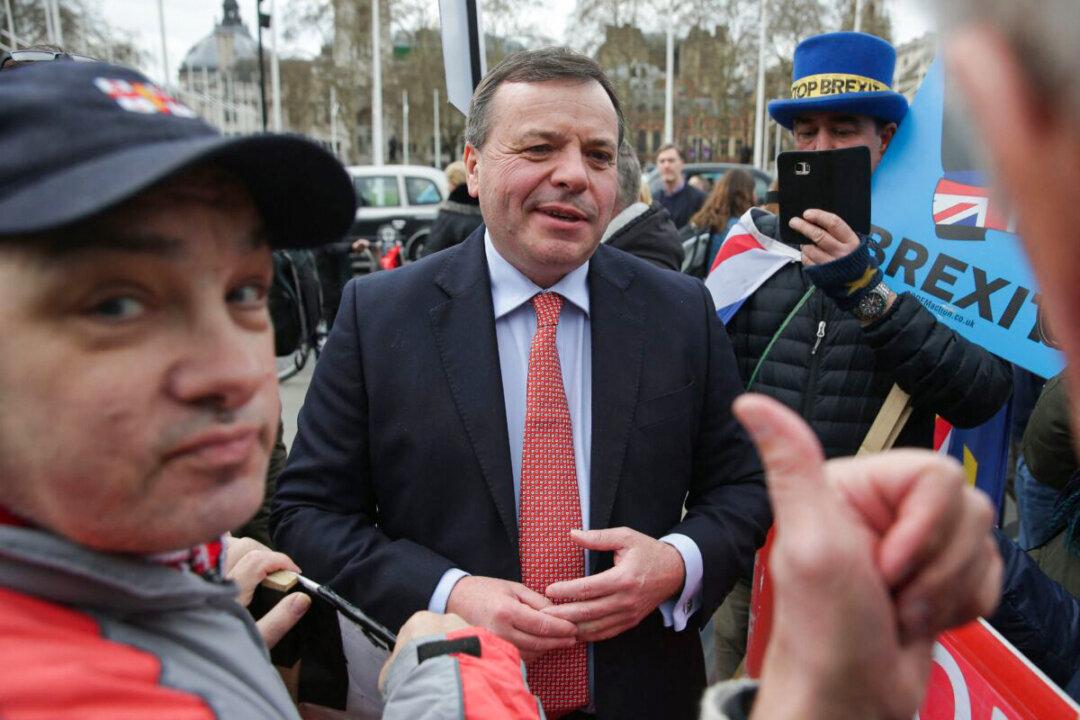British investigative journalist Carole Cadwalladr has won a libel battle with Brexit supporter and businessman Arron Banks, despite being unable to prove what she claimed about him was true.
Banks, one of the biggest donors towards the Leave.EU campaign during the 2016 Brexit referendum, sued freelance journalist Cadwalladr, who writes for The Observer, after she made comments about him during a TED Talk in April 2019 and then repeated the claim in a Twitter post two months later.





